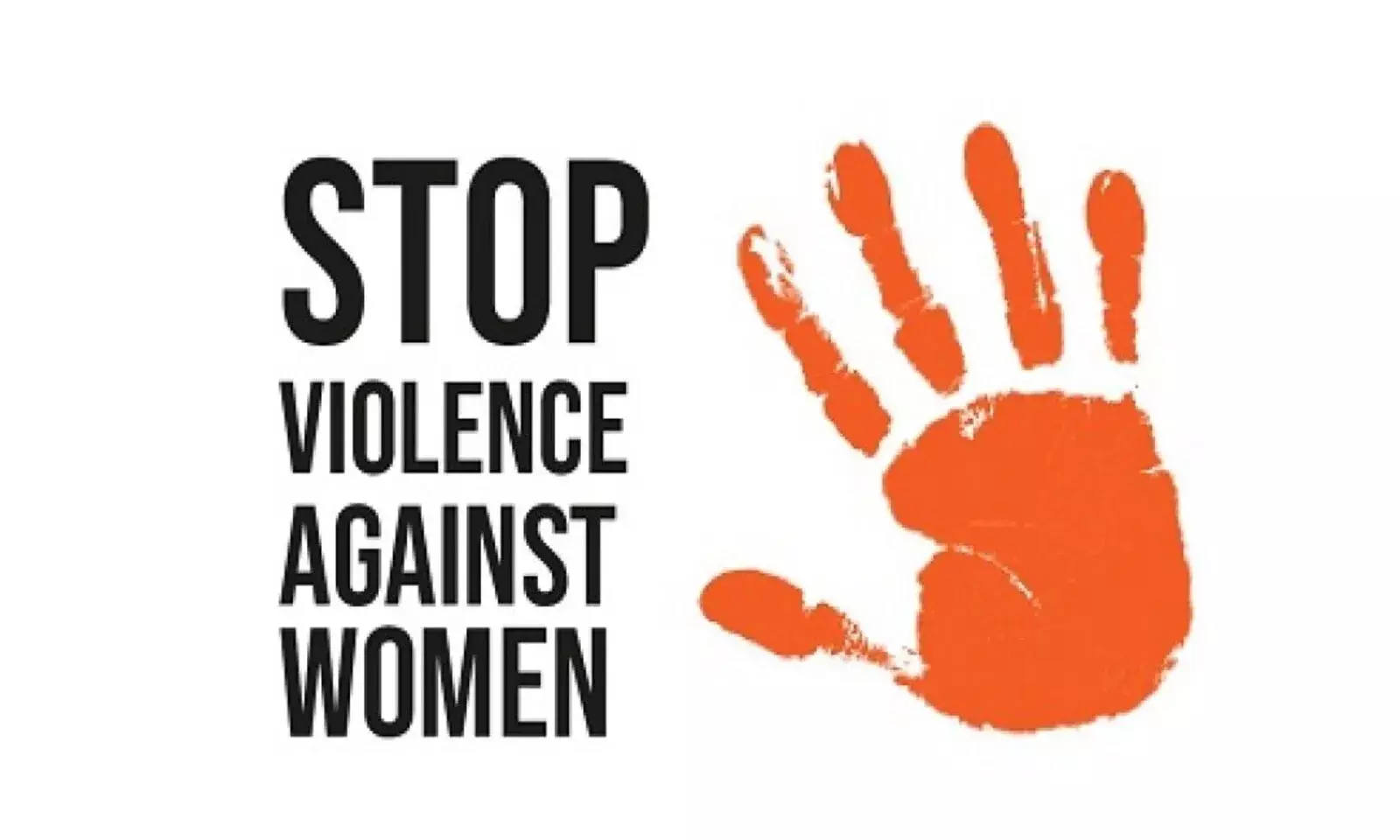Congress Claims Crimes Against Women Highest in Assam: A Fact-check
The claim is true when it comes to crime rate, but not in number of cases

Representational Image/ Presidency Project
Congress recently tweeted that Assam topped in crimes against women for three consecutive years, beating Uttar Pradesh and Haryana.
This claim is true. However, at 143.3 in 2017, 166 in 2018 and 177.8 in 2019 (per lakh population), Assam reported the highest rate of crime against women, whereas Uttar Pradesh has the highest number of crimes against women (59,853), according to the National Crime Records Bureau's (NCRB) Crime in India 2019 report.
A crime rate is calculated as the number of crimes recorded per one lakh population. It is different from the total number of crimes against women which looks at absolute numbers.
After Assam, come Rajasthan (110.4), Haryana (108.5) and Odisha (103.5) in the list.
"We need to know the reason for the low crime rate in other states and understand the scientific way in which NCRB calculates the data," Anurita Hazarika, state coordinator for North East Network (NEP), women's rights organisation told FactChecker. There is no denial when it comes to the huge rise of crimes against women in both tribal and non-tribal patriarchal communities in Assam, she said.
The total number of crimes against women in Assam have increased by 30% (30,025 in 2019 from 23,082 in 2017), a FactChecker analysis of the government data revealed. In 2019, Assam accounted for 12.5% of the total cases of crime against women in India.
"Women's issues are slowly getting recognized and hence more cases are reported because women have safety nets as compared to before. But I won't generalise this because it is only the tip of the iceberg. There are still many cases that go unreported. If the registered cases are high, imagine the number of unregistered cases which have not been reported," said Hazarika.
The state also recorded 329 incidents of cybercrimes against women, which is the second highest after Odisha's 390 incidents.
NEP and other organisations have suggested various ways to address this problem to the chief secretary of Assam. Forming a women's cell in every police station of the district is the need of the hour, Hazarika said.
"We also need gender sensitive training for police personnel and highly trained officers who are responsible to reach out to the last woman in the district. And, we need a greater level of awareness about women's cell and their rights in the interior parts of Assam," added Hazarika.
When asked about infrastructure for police stations, she said, "Infrastructure will come up but we need more money in running the police station, be it transport, photocopying documents, etc. The minor budget needs to be worked out."


